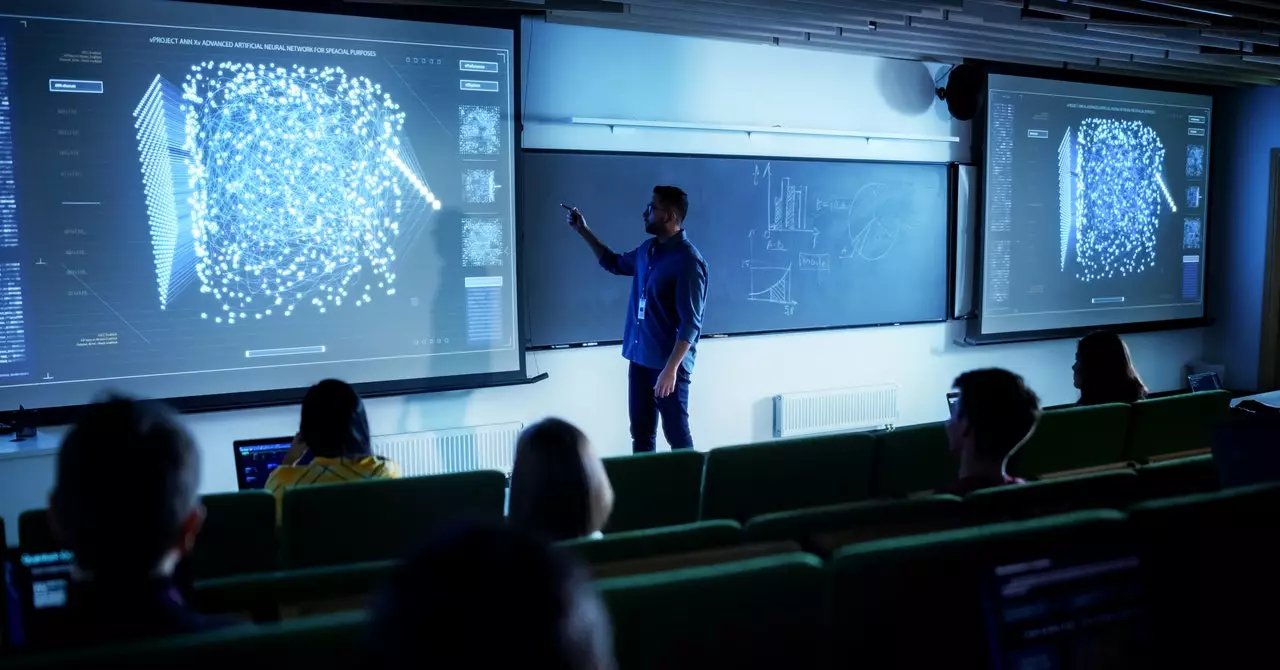AI has been making strides in the field of education, with tools like Khanmigo guiding students through problems step by step. Although Khan Academy envisions personalized tutors for every student, experts like DiCerbo highlight the more limited role of AI in helping students when they get stuck. While Khanmigo has shown promise in assisting students independently, the true impact of its engagement remains to be seen.
Other organizations, like Saga Education, have also experimented with AI feedback to enhance student-tutor interactions. By analyzing transcripts of tutoring sessions, researchers found that AI prompts from coaches led to more engagement from tutors in guiding students. However, Saga Education remains cautious about directly using AI feedback, acknowledging the value of human coaches in the learning process.
Recent advancements in AI, such as emotionally intelligent models by OpenAI and Hume AI, aim to analyze tone and facial expressions to better understand user emotions. Despite these developments, experts like Michael Littman believe that AI may struggle to truly engage students on a human level. While AI can provide valuable feedback on assignments, students may still lack the motivation to put in their best effort if the AI becomes their primary audience.
The Future of AI in Student Engagement
As AI continues to evolve in education, the question remains: can AI ever truly replace human interaction in learning? While AI tools like Khanmigo and emotionally intelligent models offer valuable support for students, the emotional connection and motivation provided by human tutors cannot be replicated. As researchers and educators explore the possibilities of AI in education, it is essential to consider the balance between technological advancement and the human touch in fostering student learning and engagement.
While AI has the potential to revolutionize education by providing personalized support and feedback to students, it is crucial to recognize the limitations of technology in replacing human interaction. As we move forward, striking a balance between AI tools and human educators will be essential in ensuring that students receive the best possible learning experience. The future of AI in education holds promise, but it is vital to approach its integration with a critical eye and a focus on enhancing, rather than replacing, the human element in learning.


Leave a Reply
You must be logged in to post a comment.